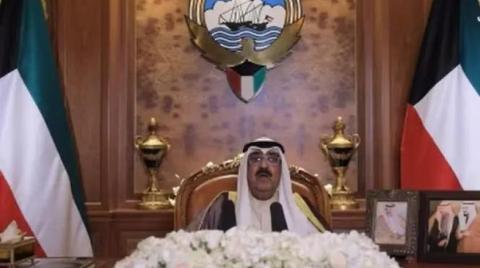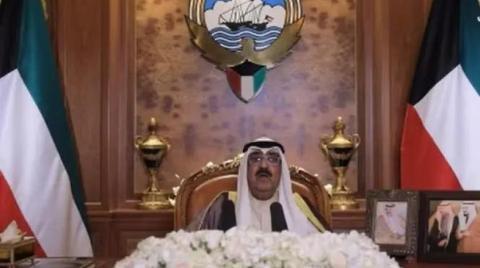
It has been the way of the last 18 months that each week seems to bring some new moment of double-take. Horrors, failures, bodge-jobs. They just keep on looming up into view like icebergs in the fog.
It happened again this week. Perhaps we all have outrage fatigue by now, or just a shared sense of being beaten down, lassoed by whataboutery and tribalism. But this really did happen, and it happened in sport.
The preliminary report on the handling of the Covid-19 crisis by the government and Boris Johnson was published on Tuesday. It praises some elements, notably the response of NHS workers to a national emergency. It describes a series of delayed responses and muddled procedures. On page 34 it states, with a startling clarity, that 37 people died unnecessarily because of the decision to stage the Champions League match between Liverpool and Atlético Madrid at Anfield on 11 March, just as the shutters were going down all over Europe.
This conclusion is reached during a summary of the tactics in those early days. There was an understandable state of ignorance of where this was heading. Still, there was also a certainty – exactly why is still not clear – that taking too many measures at once would be wrong. The day before Anfield, Johnson had talked on national TV about “taking it on the chin” and “allowing the disease, as it were, to move through the population”. And so, chin raised and fingers crossed, the herd headed off to Anfield.
The report concludes: “This approach meant that events that may have spread the virus proceeded, such as the football match between Liverpool FC and Atlético Madrid – the day the coronavirus was categorised as a pandemic by the WHO – and the Cheltenham Festival of Racing … Subsequent analysis suggest that there were an additional 37 and 41 deaths respectively at local hospitals after these events.”
BBC Sport correspondent Dan Roan flagged this part of the report on social media. Like me, you might have missed it otherwise. And it still seems startling to see those words in print: 37 dead after Anfield, 41 after Cheltenham.
The report suggests this was an avoidable consequence, sport’s allocation of what would, in any other iteration of the national mood, be treated as a genuine scandal. Will anyone be held to account for these deaths? They deserve, at the very least, some space.
I was at Anfield that night. It was not an event staged in a state of ignorance. Italy had shut down its football. The rugby had been postponed. There were questions to Jürgen Klopp the day before. Should this be going ahead? Klopp seemed torn between his private misgivings (basically: no, it shouldn’t) and the obligation to do his job and manage the people around him.
Three thousand Spanish fans had travelled to Liverpool, despite the fact schools had shut down in Madrid. Looking around that rain-sodden full house there was a feeling of unreality. I remember queuing for a cup of tea alongside journalists from all around the world and thinking: ‘Is this really OK? Is this where it happens? Which of us is carrying that spot?’
Liverpool lost in extra time. I was booked at a hotel, but drove home overnight instead, with a feeling all the way of distress signals, red flags, the world closing in. The next day Mikel Arteta tested positive. And from that point it was all off, plague laws bubbling up, the cold hard shock of that first national lockdown looming into view.
What is the mitigation here? There was no real public clamour for postponing at the time. In any case Covid was everywhere by then, the borders open, schools still petri-dishing away. Similarly, you might question the basic value of closures. Probably those exposed would have caught the virus anyway (although they might also have waited for the vaccine, or shielded others). There is an argument shuttering away otherwise healthy people just isn’t worth it. The spread of a novel disease will be delayed. Meanwhile, welcome to a hell of a different type.
So much for the excuses. Politicians and decision-makers will continue to hide behind the general difficulty of the times, rather than face the measurable consequences of their actions. The fact remains, it is the role of those in power not just to make these calls, but to make them in the right spirit.
Perhaps the real issue with Anfield and those 37 deaths, the problem with how it feels, is that sense of an absence of care. It seemed wrong to be in the stadium. But with a less perfidious prime minister you might at least have felt that decision came only from a place of good faith. Instead it is hard to shake the sense this was simply the toss of coin, that the opposite decision, calling it all off, would have been made with just the same level of try-it-and-see. It is a great misfortune that the country has had the most unsuitable, essentially unserious person in charge in its time of need.
Let the record show it was left to the Premier League and EFL to postpone their programmes. Not to mention the fact all of this, from letting the herd take the hit, to fudged thinking, to measurable deaths around sporting events, should be presented with no human touch, no explanation, no apologies. Johnson was on a beach this week.
One suggestion: Atlético will play at Anfield again next month, 20 months on from that Pandemic Day fixture. It would seem like a nice thing to offer some kind of tribute on the night for those who were placed in danger last time around, the 37 in Liverpool, the 41 in Cheltenham. For now all we have is a government report, and the sense of just another note of loss in the fog.












